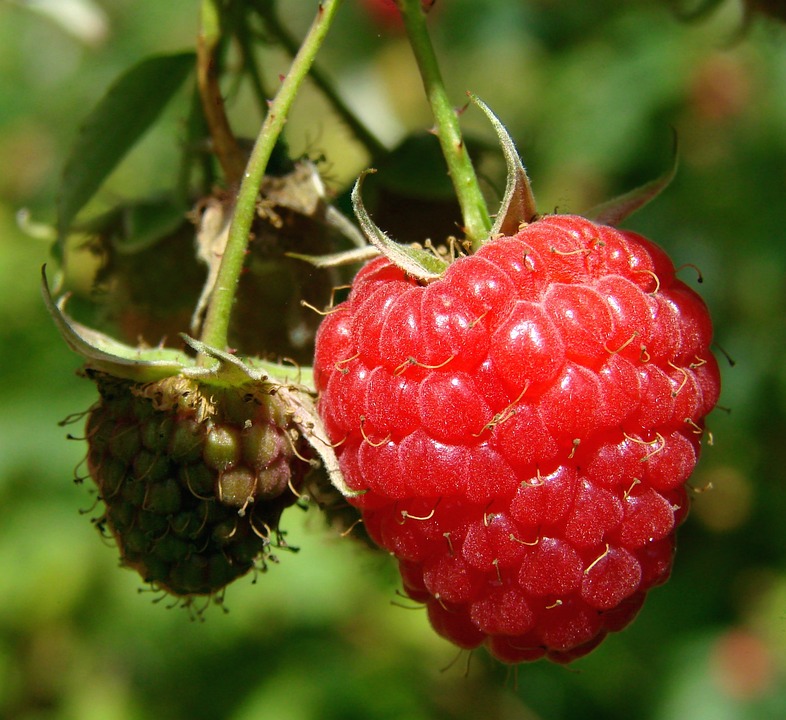Introduction
Organic vegetable gardening is a sustainable and environmentally-friendly approach to growing crops without the use of harmful chemicals and pesticides. It focuses on creating healthy soil, encouraging biodiversity, and nurturing natural ecosystems. By adopting organic practices, you ensure that the food you grow is safe, nutritious, and free from synthetic additives.
The Benefits of Organic Vegetable Gardening
There are numerous benefits to organic vegetable gardening:
- Healthier Food: Organic vegetables are rich in nutrients, vitamins, and minerals without the harmful residues of synthetic chemicals.
- Environmental Protection: Organic gardening practices minimize water pollution, soil erosion, and protect beneficial insects and wildlife.
- Sustainability: By reducing the reliance on synthetic fertilizers and pesticides, organic gardening promotes a more sustainable approach to food production.
- Cost Savings: With organic gardening, you save money by utilizing natural methods such as composting, crop rotation, and companion planting.
Getting Started: Organic Gardening Basics
Here are some essential steps to get started with organic vegetable gardening:
1. Planning Your Garden
Consider the location, size, and layout of your garden. Choose a spot that receives at least six hours of sunlight per day and has well-drained soil. Plan your garden beds and paths efficiently to make the most of your space.
2. Building Healthy Soil
Healthy soil is the foundation of organic gardening. Incorporate organic matter such as compost, leaf mold, or well-rotted manure into your soil to improve its structure, fertility, and water-holding capacity.
3. Choosing the Right Plants
Opt for organic and heirloom varieties of vegetables, which are better suited for organic gardening. These varieties are more resistant to pests and diseases and often provide superior taste and flavor.
4. Composting
Start composting kitchen scraps, garden waste, and fallen leaves to create nutrient-rich compost. Use this compost as a natural fertilizer to nourish your plants instead of relying on synthetic chemicals.
5. Watering
Water your plants deeply and less frequently to encourage strong root development. Consider using drip irrigation systems or soaker hoses to minimize water waste.
6. Controlling Pests and Diseases
Implement preventative measures such as crop rotation, companion planting, and using natural pest control methods like homemade organic sprays or attracting beneficial insects. This helps keep pests and diseases in check without resorting to harmful chemicals.
7. Harvesting and Preserving
Harvest your crops at the peak of their maturity for the best flavor and nutritional content. Preserve excess produce through canning, freezing, or drying to enjoy the fresh flavors throughout the year.
Frequently Asked Questions (FAQs)
Q1: Is organic gardening more time-consuming than conventional gardening?
A1: Organic gardening does require more initial effort in terms of building healthy soil and implementing preventive measures. However, over time, you will develop a sustainable ecosystem that reduces the need for constant intervention.
Q2: How can I control pests in my organic garden without using harmful chemicals?
A2: You can control pests by using natural remedies such as neem oil, soap sprays, or introducing beneficial insects like ladybugs and praying mantises. Additionally, practicing companion planting and crop rotation helps disrupt pest lifecycles.
Q3: Can I use organic gardening methods in containers or small spaces?
A3: Yes, organic gardening can easily be practiced in containers or small spaces. You can use organic potting soil and compost, select suitable plant varieties, and implement natural pest control methods to ensure a healthy harvest.
Q4: Are organic vegetables more expensive to grow?
A4: While there may be some initial costs for organic amendments and compost, organic gardening can save you money in the long run. By minimizing the reliance on expensive synthetic fertilizers and pesticides, you can achieve cost savings while growing healthier, chemical-free vegetables.
Q5: How can I ensure the fertility of my organic garden soil?
A5: To maintain soil fertility, regularly add organic matter, such as compost or well-rotted manure, to replenish nutrients. Practice crop rotation to prevent the depletion of specific nutrients and utilize cover crops during the off-season to protect and nourish the soil.




